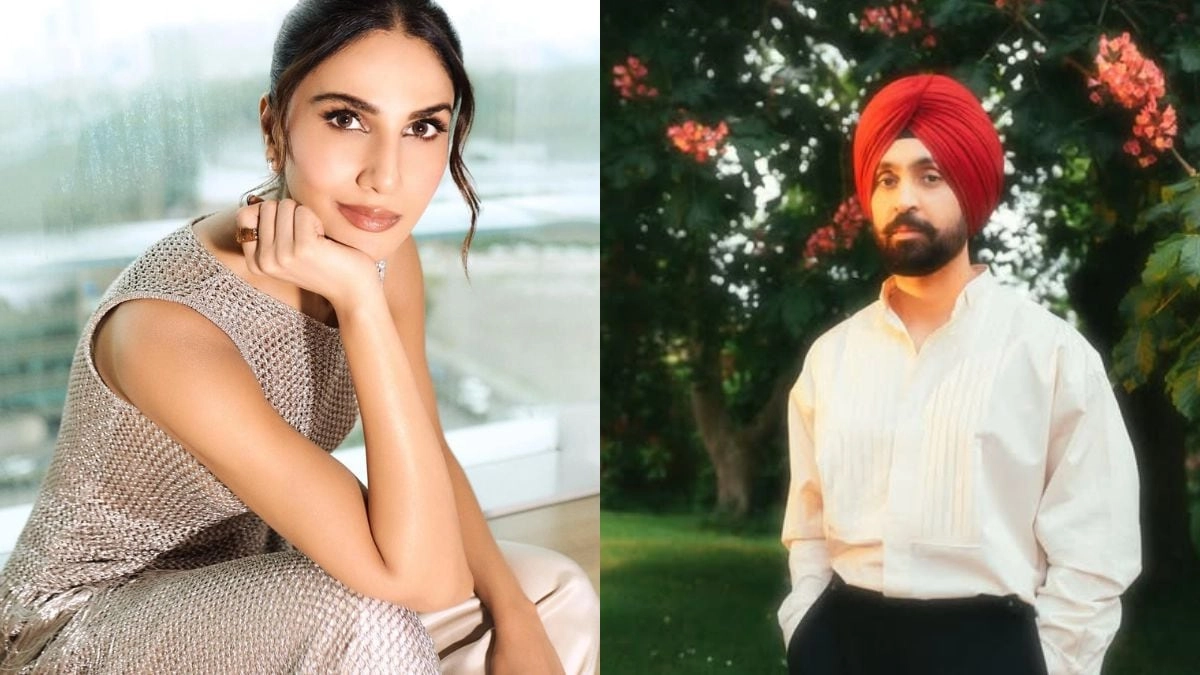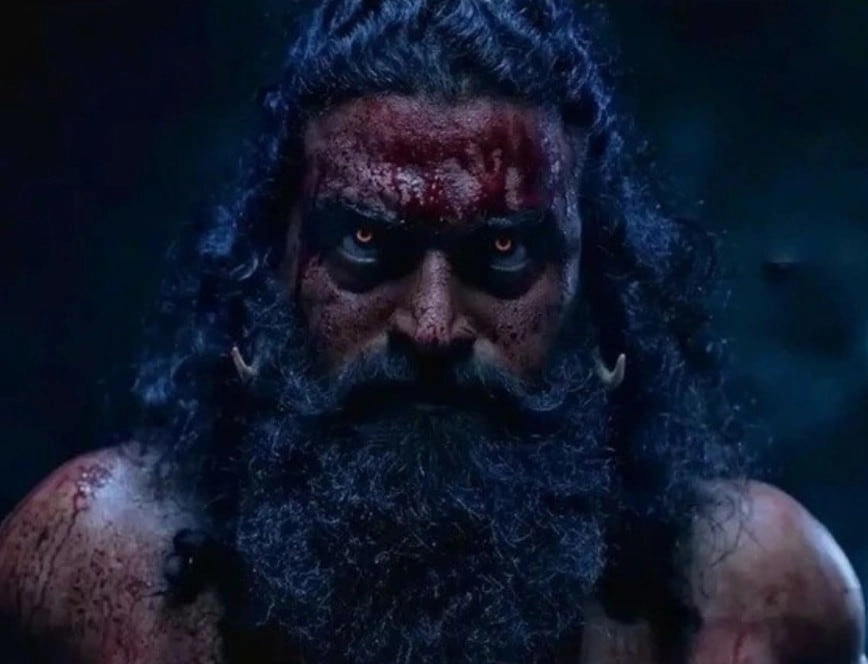In a recent statement, Vaani Kapoor, the talented actor known for her dynamic performances in the Hindi film industry, weighed in on the ongoing controversy surrounding Diljit Dosanjh and his film “Sardaar Ji 3.” The discussion has sparked considerable debate among fans and critics alike, particularly regarding the implications of the film’s content and the reactions it has elicited. Kapoor’s comments shed light on her perspective as an actress, emphasizing the importance of artistic expression and the role of filmmakers in exploring diverse narratives.
Kapoor firmly stated that Diljit Dosanjh has not broken any laws with his work on “Sardaar Ji 3.” Her defense highlights the fundamental principle that art should be allowed to flourish without undue censorship, provided it does not infringe upon legal boundaries. In an industry where creative freedom is paramount, Vaani’s remarks resonate with many artists who believe in the value of storytelling as a means of reflecting societal issues, cultural nuances, and personal experiences.
Moreover, Kapoor’s support for Dosanjh underscores a broader conversation about the responsibility of filmmakers and the audience’s role in interpreting their work. While some may take issue with certain themes or portrayals, it is essential to remember that cinema often serves as a mirror, reflecting the complexities of human experiences. Vaani’s stance encourages a more open dialogue about the significance of artistic license and the need for constructive criticism rather than outright condemnation. Ultimately, her comments advocate for a balanced perspective, one that fosters creativity while respecting the diverse views of audiences.
As the debate continues to unfold, it remains crucial for industry professionals and fans to engage thoughtfully with the content being produced. Vaani Kapoor’s insights serve as a reminder that creative endeavors should be approached with an appreciation for their intent and the context in which they are created. By championing freedom of expression, she reinforces the idea that art should challenge, provoke, and inspire, rather than be stifled by fear of backlash or misunderstanding.




